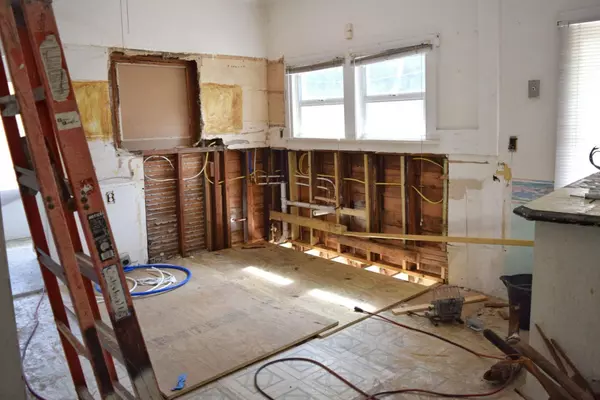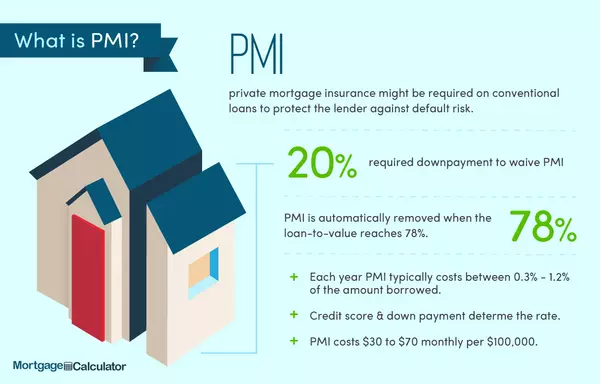Demystifying the Home Appraisal Process: A Comprehensive Guide for Homeowners


A home appraisal is an unbiased assessment of a property's value conducted by a licensed or certified appraiser. Lenders typically require appraisals to ensure that the property's value is sufficient to support the loan amount.
The Role of the Appraiser:
Appraisers are trained professionals with expertise in evaluating various aspects of a property, including its condition, size, location, and comparable sales in the area. Their primary goal is to determine an accurate and fair market value for the home.

- Location: Proximity to schools, amenities, and desirable neighborhoods can significantly impact a home's value.
- Property Condition: The overall condition of the home, including its age, maintenance, and any recent renovations or upgrades, plays a crucial role in the appraisal process.
- Comparable Sales: Appraisers often look at recent sales of similar properties in the area to establish a baseline for the home's value.
The Home Appraisal Process:
- Scheduling the Appraisal: Typically arranged by the lender, the homeowner, or the seller's real estate agent.
- Property Inspection: The appraiser conducts a thorough inspection of the property, both inside and out, noting its features, condition, and any significant improvements.
- Market Analysis: The appraiser researches recent sales of comparable properties in the area to determine the property's market value.
- Preparing the Appraisal Report: Based on the inspection and market analysis, the appraiser compiles a detailed report outlining their findings and the property's estimated value.
Understanding the Appraisal Report:
- Property Details: Description of the property, including its size, layout, and features.
- Comparable Sales: Summary of recent sales of similar properties used to determine the home's value.
- Adjustments: Any adjustments made to the comparable sales to account for differences with the subject property.
- Final Valuation: The appraiser's opinion of the property's fair market value.

Challenges and Appeals:
If homeowners disagree with the appraised value, they have the option to challenge it through a formal appeal process. This may involve providing additional evidence or requesting a second appraisal.
To conclude, the home appraisal process is a critical step in various real estate transactions, offering homeowners valuable insights into their property's value. By understanding the appraisal process and its key components, homeowners can make informed decisions regarding their real estate investments and financial goals.
- National Association of Realtors (NAR)
- Appraisal Institute
- Federal Housing Finance Agency (FHFA)
This comprehensive guide aims to educate homeowners on the intricacies of the home appraisal process, empowering you to make informed decisions regarding your real estate investments.
Tatum Praise at McBride Kelly & Associates Realty is committed to providing clients with expert guidance and support throughout the entire home buying or selling process. Contact Tatum today at 813-528-1121 for personalized assistance tailored to your unique needs.
Categories
Recent Posts









"My job is to find and attract mastery-based agents to the office, protect the culture, and make sure everyone is happy! "
